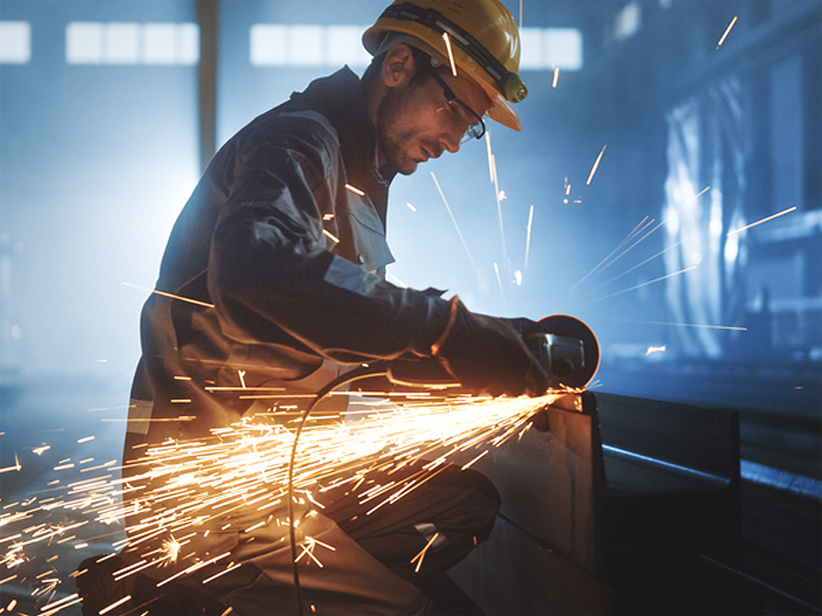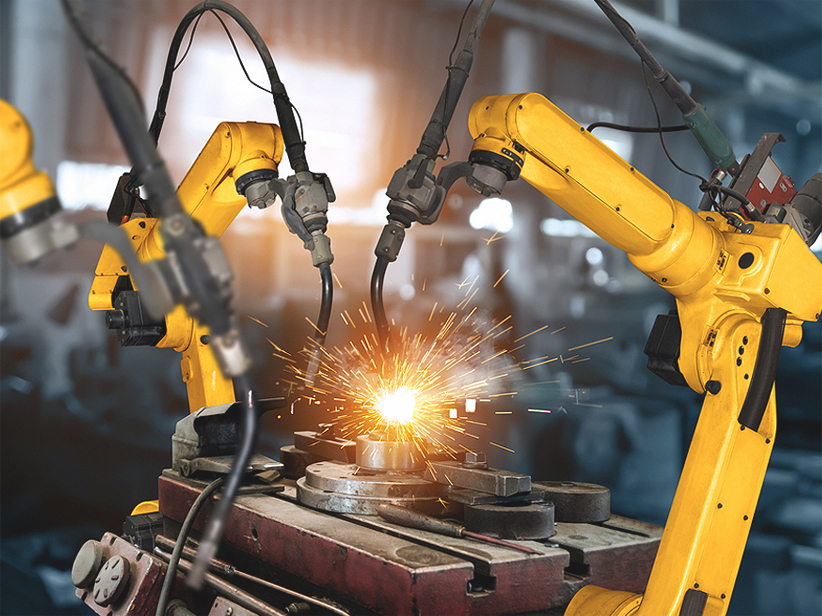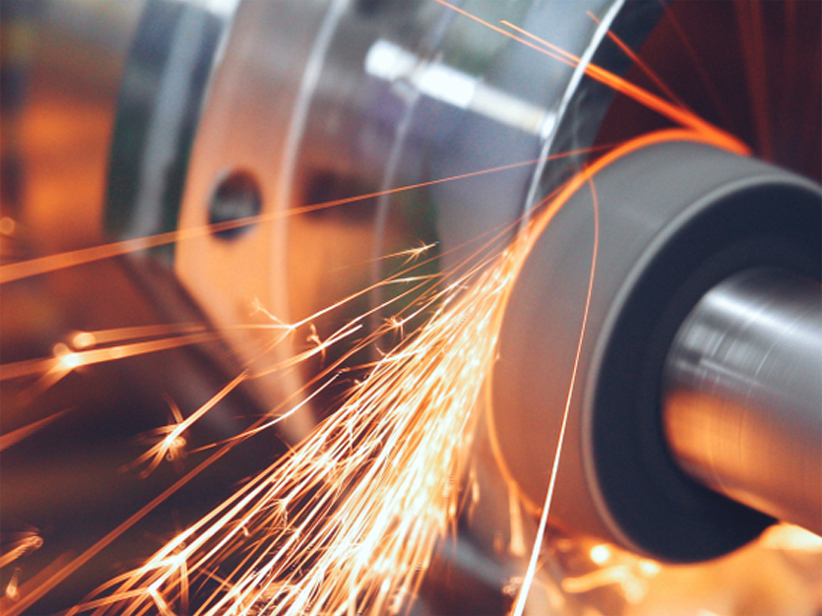WHAT MAKES SPECIAL BAR QUALITY (SBQ) STEEL SO SPECIAL?
Our romance with metals and metallurgy is very old and communities were inspired to do the refinements towards making use of metals in various tasks; however, the major push was received through the consistent and broad demand in the royal artilleries which led to further interventions in metallurgical pursuits. The iron was among the first inventions and it has continued to dominate the demand spectrum till age when we stand at the high point of development.
One intervention that could be hailed as very special is that of ‘steel’ – an alloy derived from iron but which carries marvelous attributes of extreme sturdiness, corrosion resistance and capacity to bear stresses! These attributes make it a valuable product in construction and engineering – that constitute the backbone of development and growth synergies for last two centuries! With such significance of steel, attempts were made towards further improvisations like special bar quality (SBQ) steels.
Special bar quality (SBQ) steels can be defined as those which are developed for challenging and high stress applications. Thus, these steels stand out different & tall among a diversity of grades that are in use in the enterprising processes. The SBQ steels have thus emerged as the mandatory requirements in various applications like those defined by high speed machining, high stress and high tensile strength among other finer attributes of engineering and metallurgy. The SBQ steels are today offered by manufacturers in the form of stainless steel bar, steel round bar, flats, tubes and other products of demand and relevance in manufacturing economy. These are mostly used in the development of bearings, high speed shafts, gears and other vital products that have to be resistant to the metal fatigue through prolonged and continuous use as moving parts in machineries/automobiles.
Speaking from the perspective of a metallurgist, special bar quality (SBQ) steels exhibit very high stress resilience and associated metal fatigue tolerance. These attributes define precisely the SBQ steels and make them apt for versatile applications where authentic efficiency parameters are strictly demanded. However, to ensure such high characteristics, the manufacturing of SBQ steels need to be guarded throughout so that there are no discrepancies. The most fundamental parameters that are controlled include the chemical composition and purity quotient of the steel and the mechanical properties like hardening that is achieved through thermal treatment processes. Impurities in the steel could drastically bring down the fatigue life cycle duration of the component while cleaner steels have very high metal fatigue tolerance even under continuous run conditions!
The purity is also directly related to the thermally induced hardness (stress) resilience attributes; because it could be affected if impurities are present in the steel body. Stainless steel bar, steel round bar, flats etc made with SBQ steel thus guarantee the best results when converted into components of practical use.







